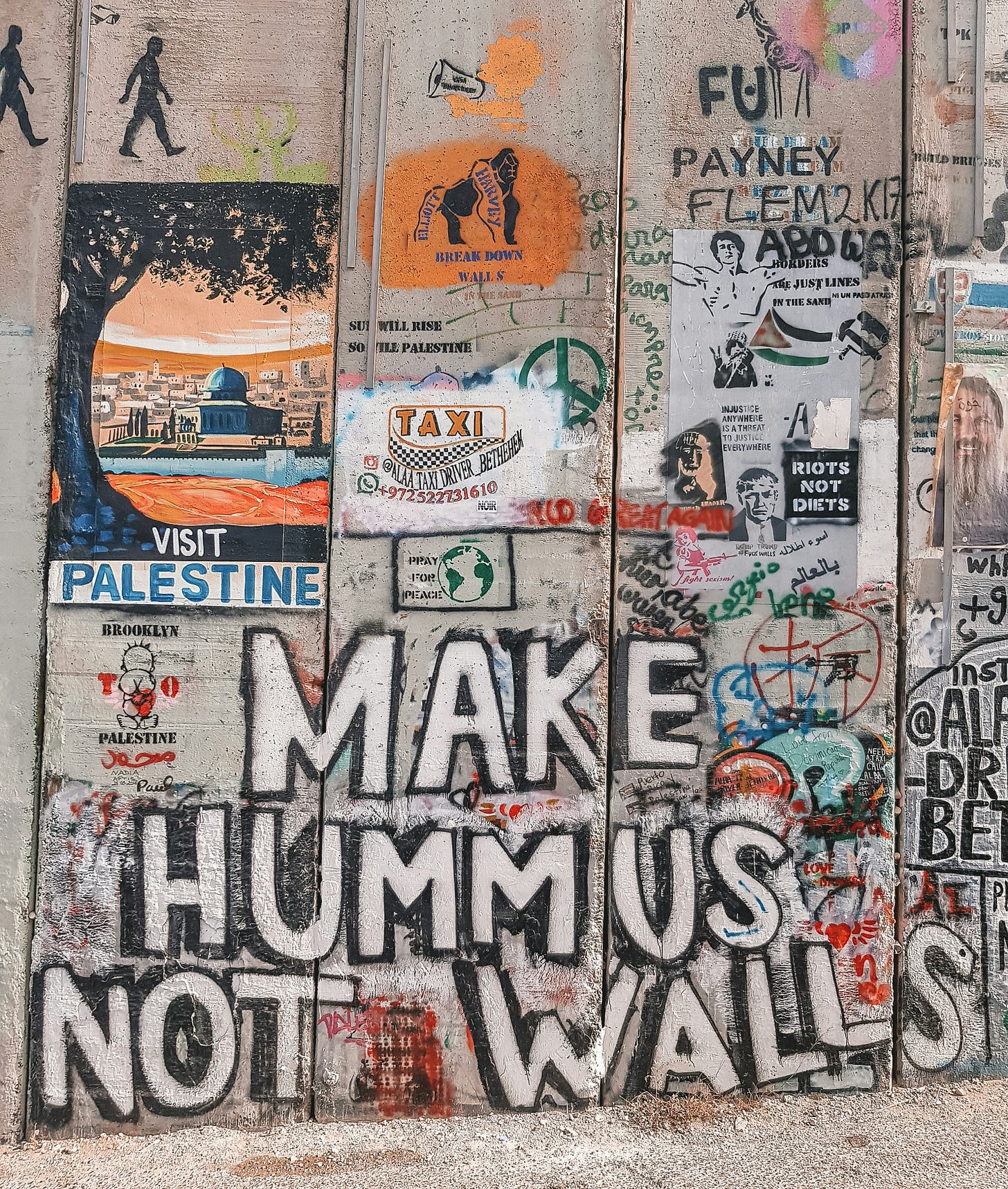1. Writers calling for a boycott of Israel
2. Women against Russia’s war crimes in Ukraine
3. AI and literacy
4. Plagiarism in China
1. “Zadie Smith, Michael Rosen, Irvine Welsh and Jeanette Winterson are among more than 200 writers who have signed a letter calling for an ‘immediate and complete’ boycott of Israel until the people of Gaza are given adequate food, water and aid.
“Hanif Kureishi, Brian Eno, Elif Shafak, George Monbiot, Benjamin Myers, Geoff Dyer and Sarah Hall also signed the letter, which advocates the cessation of all ‘trade, exchange and business’ with Israel.
“The letter reads: ‘We make this call because the words and feelings of millions of people and thousands of politicians worldwide have failed to bring about the feeding of the people of Gaza, the protection of civilians or their supply with humanitarian and medical aid. We regret that this boycott affects a great many individuals and groups in Israel and other countries who share our rejection of the policies of the government of Benjamin Netanyahu; individuals and groups whose pain and compassion for the people of Gaza we share.’”
2. On 28 August 2025 between 5pm and 6.15pm, PEN South Africa has a Zoom conversation commemorating the work of Ukrainian novelist Victoria Amelina who was killed by a Russian missile in 2023. She was working on a nonfiction book dedicated to women documenting war crimes. The speaker will be Tetyana Teren, former executive director of PEN Ukraine. To receive Zoom details, please RSVP to PENSouthAfrica@proton.me
3. Here’s an interesting take on AI and literacy from author and writing teacher Carol Roh Spaulding’s on her Substack, Between: “…[A]s literacy once changed human structures in the shift from orality to literacy, ‘electracy’ is now changing the human structures of literate culture. We know this on some level: swiping left or right influences our very attitude towards relationships; Kindle changes how we make meaning when we read, and so on. Our encounters, our forms of signification, our very neurology — digital culture has come for it all.
“As for the literary arts, we’ve been so focused on preserving what remains from AI’s great maw that I’ve seen relatively little focus by writers themselves on how digital culture has shaped output. But I feel it. I’m sure many of us do. The expectation of brevity, for example, may arise from social media but its influence is felt in conventional writing spaces. Stories must get to the point to keep readers’ attention. There’s less time for complex development of plot or character. In my classes, even some of the brightest students struggle to appreciate irony or discern how a story might work on several levels or advance a narrative through suggestion or indirection.
“Meanwhile, expectations about genre and authorship have changed how I teach fiction. I make room for collaborative authorship, fan fiction, and even ask students to design and illustrate one of their stories each term (yes, they can use AI to do so). Swirling around all of us, though, are larger questions: of what counts as authorship in an age of assistive technology; of authenticity and originality vis-a-vis the value of reach and spreadability; of intellectual property rights in the age of uptake and remix; of the role of editing and fact-checking in the age of self-publishing, and much more.”
4. The Chinese literary scene is in the grip of a plagiarism scandal, according to the news agency Semafor. An anonymous book blogger found similarities between passages in several bestselling Chinese authors’ works, and those from Western writers including Ian McEwan, Albert Camus, and Gabriel García Márquez. One of the accused authors has apologised, and a literary journal has deleted the work of another writer, but the overwhelming response has been silence, China Books Review noted. It is causing “an existential crisis” for the state-subsidised literary scene.




